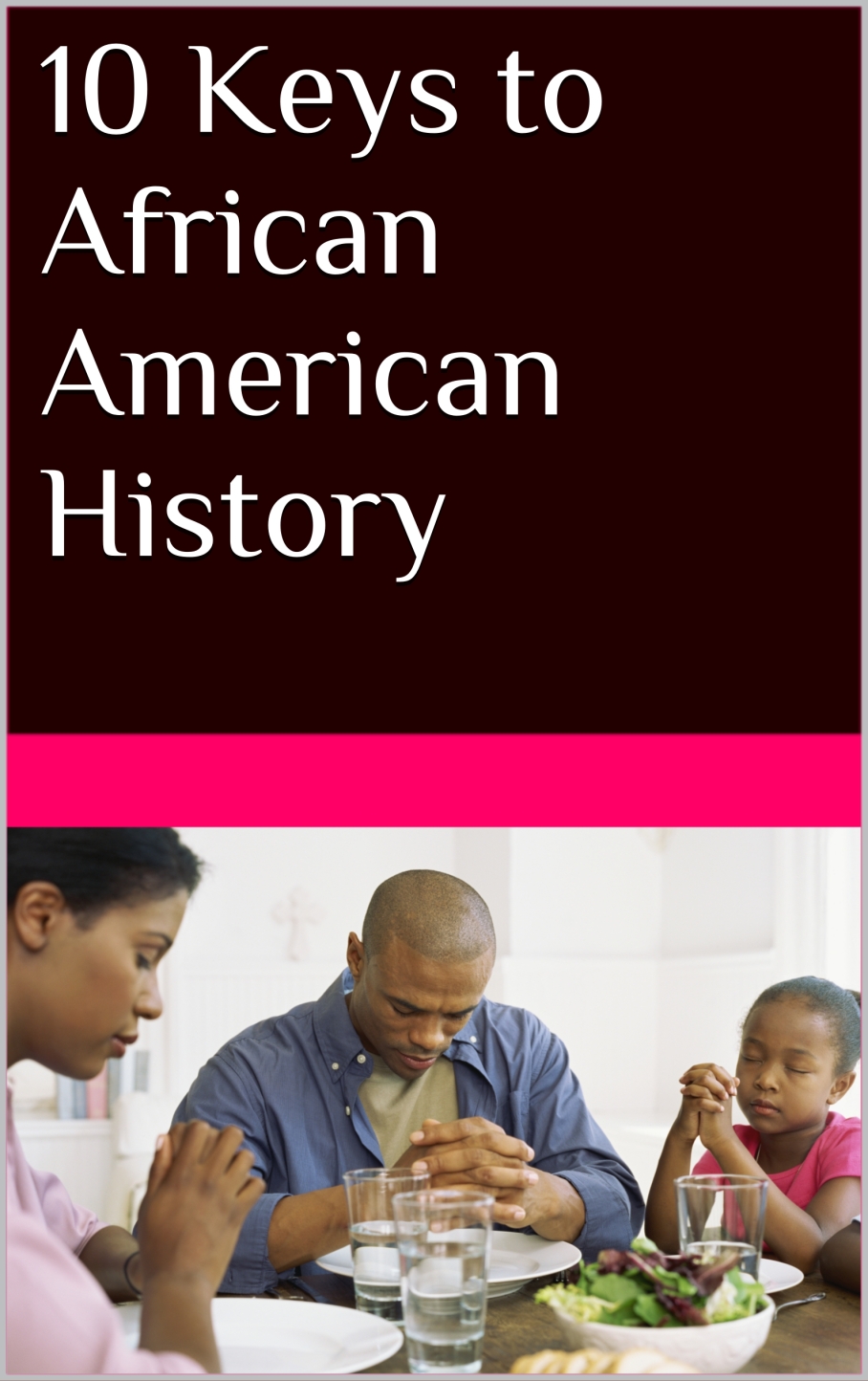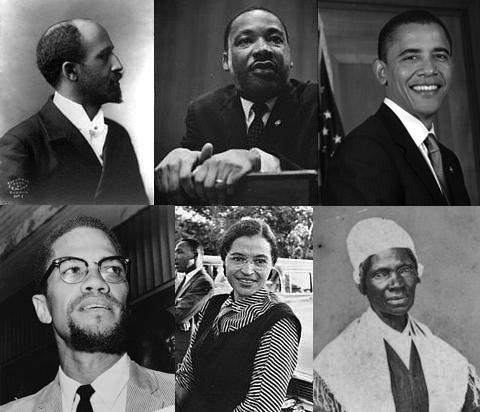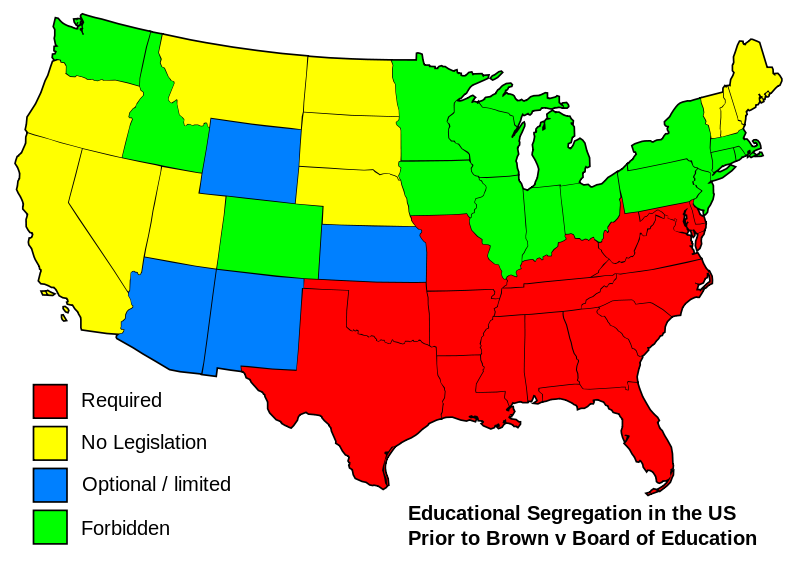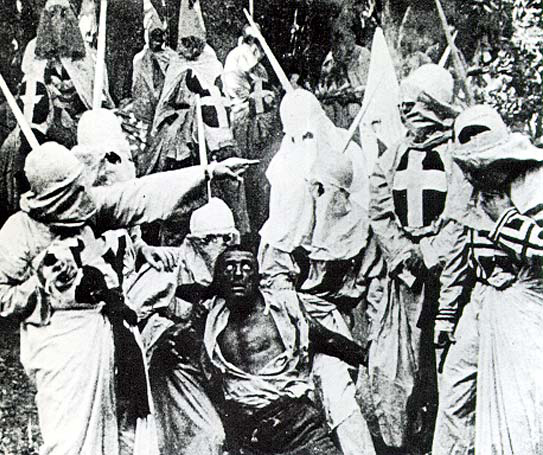This short, 10 question quiz will help you know how much African American History you know.
Have fun and order a copy of 10 Keys to African American History from Amazon soon.
https://goo.gl/forms/Ze9LvvzkHNVqwt6u2

This short, 10 question quiz will help you know how much African American History you know.
Have fun and order a copy of 10 Keys to African American History from Amazon soon.
https://goo.gl/forms/Ze9LvvzkHNVqwt6u2


Coming soon to Amazon will be 10 Keys to African American History. While you await the release, be sure to download your FREE Amazon ebook reader app. for your mobile device or computer.
Get this book for yourself or anyone who needs to know more about race in America.


COMING SOON TO YOU VIA AMAZON.
GO AHEAD AND DOWNLOAD THE 100% FREE KINDLE EBBOK READER FOR YOUR MOBILE DEVICE AND COMPUTER!
THIS BOOK WILL MAKE A GREAT CHRISTMAS GIFT!

COMING SOON TO YOU VIA AMAZON.
GO AHEAD AND DOWNLOAD THE 100% FREE KINDLE EBBOK READER FOR YOUR MOBILE DEVICE AND COMPUTER!
THIS BOOK WILL MAKE A GREAT CHRISTMAS GIFT!

There is much talk these days about white privilege and white supremacy. As my readers know, I am vehemently opposed to these forms of oppression. However, the truth is most people who bandy about these terms have little idea just how to employ them. In fact, their attacks usually wind up facilitating the further widening of the normative gap between the white and black community on racial issues.
Before one can cogently discuss white supremacy, they must be aware that a small minority of elites, in this country white, generally created and direct racial discriminatory programs. The average black and white person has never truly been able to exercise wholesale power over members of the other group.
Here is some historical evidence.
Segregation Laws
Elite whites promulgated the New South ideology after the Civil War and Reconstruction. They wanted and needed capital from the North to survive. Without this influx of cash, the planter class would have wound up having to sell property in lots to the remainder of the whites and blacks. Also, the rising industrial class would not have had money to build factories and pay workers until profits began to accumulate.
To win over the Northern capitalists, the boosters, especially Henry Grady of Atlanta, articulated a vision of a South that now comprehended that slavery had been wrong, blacks should be paid for their labor, the races should be separated spatially, and elite whites should control politics. Peace and prosperity would reign as never before, they postulated.
Segregation laws came about in the late 19th and early 20th centuries to bolster this New South program. Trust me, no average white person wrote these laws. For example, the Louisiana streetcar law that became the source of contention in Plessy vs Ferguson (1896), was clearly the creation of white elites and for white elites.
First, recall that Homer Plessy, the man classified as black under state law, bought a first class ticket, not a white ticket, as your HIstory teacher probably mistakenly told you. He was claiming to be an elite, which in this instance meant white. That was his real crime.
The average white individual did not sit in the first class section, either. Plessy skipped over them into this elite space.
Second, the same law allowed some blacks to sit in the first class car (but not the regular white car). A black servant could sit there whenever needed to attend to a traveling white person of elite status.
Obviously, no average white person would ever be this concerned about a black nurse or butler to codify their rights in state law. These laws were for and by elite whites.
Brown vs. Board (1954)
This case ended legalized racial segregation in public schools. The evidence that most moved the court was the belief that black children were damaged psychology by having to attend schools with each other. Going to a white school would somehow uplift their spirits. Black pathology undergirded most of the Brown decision.
Perhaps more importantly here, is when Brown came about. The Russians had engaged in a major campaign to discredit the nation throughout the Third World. Just think about Africa, Latin America and Asia. The Russians treated these black and brown people each day to images of black Americans hanging from trees in Mississippi and Georgia. Which Superpower do you think they would rather have come into their nation to help build the infrastructure?
The American government made it plain that eradicating racial segregation was a top Cold War objective (see Cold War Civil Rights).
As Derrick Bell has stated in his Interest Convergence Thesis, black (and average white) social gains come only when their interests align with those of the white elite power structure. Brown was more about white elites protecting the national image abroad than about blacks. Think about it. Did you ever attend a primarily black or white school? Bet you did. They still exist.
Busing
A blatant white supremacist move. Poor blacks got transported across town to schools dominated by average whites to be spit upon, hit, kicked, stoned, and, for more than a few, ultimately flunked out! On the other hand, private academies, which require lots of money to attend and wealthy school districts with their large tax bases remained lily white.
That was what those so-called racist whites in Boston were protesting. Yes, they got it wrong by beating blacks kids who had no real choice but to do as directed. However, just take a moment and think about the position of these whites, often just a generation out of abject poverty. They understood that nobody asked their opinion on the situation. They understood that rich whites did not have to send their kids to inner-city schools or accept blacks into their private academies.
Affirmative Action
This initiative benefited white elites more than most expect. The rules for entry to schools, employment and access to other societal resources remained the same.
We could have changed things, creating new paradigms to achieve social justice in the 1960s. Perhaps even develop new, equitable ways to distribute our resources. All of this would have led, of course, to the demise of the current white elite. So, instead, the government allowed them to retain control by letting a few minorities, initially blacks, who were making the most noise about redistribution of wealth, into positions of power.
Poor whites had their interests ignored totally because they did not align with those of the elite.
In reality, white women, usually fairly educated, benefited most from affirmative action. Go to any law firm, investment bank, mainstream university or government agency and it is white women who are now “manning the floor” along with white men. Few racial minorities can ascend to these levels. Affirmative action was for white elites!
So, while you blacks scream white supremacy and white privilege, understand why the average white person just doesn’t get it. You are lumping them in with elites who at times seemingly support you and other times them. In reality, the laws always favor the most powerful, who are the real minority. The rest of us just get played against one another like so many pawns on a chessboard.
 “You ain’t teachin diss right,” said the African American woman after one of my lectures. What she was referring to was an early lecture in a History course set to span an entire college semester.
“You ain’t teachin diss right,” said the African American woman after one of my lectures. What she was referring to was an early lecture in a History course set to span an entire college semester.
I had just presented colonial Virginia and the founding of Jamestown (1607), the first permanent English settlement. Now, as readers of this present book will know, the enslavement of blacks was not foreordained in North America. Instead, the practice became law only in the late 17th century.
Before that, whites and blacks tended to work together. The purpose of slavery was partly to break up this possible interracial coalition. Understanding this point is key to American race relations.
Yet, in most schools and in the popular media, speakers find it is easier to just start from the fact that blacks and whites generally do not get along and that a few whites, so-called liberals, are the good ones. Black people should vote for these good whites, support their political agendas, and generally be excited when one of them shows up at the church on Sunday to dance the Dougie in the aisles. Ok, I am being a bit mean, but you all know one presidential candidate who did just that!
“White people brought us here to pick cotton,” and “you ain’t even said nothin bout that, so how you gon teach us?”
I then informed her that the cotton kingdom was a 19th century phenomenon and she would have to wait a few hundred years! This amounted to a few more weeks of class.
See, that is the problem with teaching African American History. There is too much use of this history for political purposes. Though television pundits emphasize the horrible experiences of the race, which we should, they do it ahistorically. The narrative becomes one big jumble in student minds.
Oh, many can rattle off a few names of so-called black leaders who were the first to do this, the first to attend that school, etc. However, they have no chronology in mind.
Harriet Tubman was Martin Luther King`s prom date as far as most know. He had not met Coretta yet because she was from up North. Yes, I put this on an exam and quite a few students chose it as the answer.
The effect of this blurring of African American History is that real racists can manipulate the population. If you believe that white people had the intent and power to bring you over and enslave you from day one, then you will see your future as pre-ordained. Why even try? And that is exactly what the racists want black students to think.
My Department Head asked me if I could just talk a little about cotton plantations in the next lecture. Hell no! Would you skip 200 years to mollify a confused student? Nope, he said. He also could have added that he was white and thus no student would make such an unreasonable request of him. The assumption being he knows what he is doing.
10 Keys to African American History is a book written by an historian who has taught in major colleges and published in top academic journals. He believes campus administrators and local school board leaders obstruct the teaching of black history to such a degree that most students graduate with no real understanding about race.
This book takes the ten most important concepts in African American History and explains them for a general audience. Knowledge of self can save your life.

Having spent over a decade in a California graduate school, I was pleased to be returning to the South. Plus, this time, I would have a job as a professor. Moreover, I would be teaching Black History. Who could ask for more, I thought.
Well…..
I announced the first exam well in advance. Being a caring professor and understanding that many of my students were first-generation college students, I explained that to complete the exam they would have to purchase a relatively inexpensive “blue book” from the student store (25 cents).
Now, the term “blue book” has been used for generations. Hell, I have heard it mentioned in various movies, books and magazine articles before and after I left this unnamed university.
Well, low and behold, a white student went to the Dean and told him I was a racist. What? Yes, apparently, she felt threatened because I demanded that everyone use a blue book and that must mean anybody who used a special green exam book, some of which the student store apparently began printing that semester in an attempt to be eco-friendly, would fail. Patently absurd.
So, why was I even called in to talk to the Dean? Well, of course, the first reason was because this was, after all, just a Black History class. Nothing serious or worth respecting.
Second, this white woman had recently won the Confederate Daughter Prize. Oh, yeah, this was straight white supremacy in my face. No descendant of slaves has a right to be in front of a college classroom containing was the lesson.
Yes, this white woman suddenly became a make-believe liberal concerned and confused by my mention of a “blue book,” which professors have used to refer to college exam books for decades. And, as any of you who attended college know that is the name printed on the front of them. I am quite sure I was not her only professor to call them blue books, we all do. Just the only black professor!
See, these are the types of people who disrupt African American History courses behind the scenes. They are the reason most of us have little knowledge of self. Anyone who actually tries to convey information about racism gets sidetracked by silly, though effective, political games.
10 Keys to African American History is a book written by an historian who has taught in major colleges and published in top academic journals. He believes campus administrators and local school board leaders obstruct the teaching of black history to such a degree that most students graduate with no real understanding about race.
This book takes the ten most important concepts in African American History and explains them for a general audience. Knowledge of self can save your life.
Did you know that racial slavery did not begin in the British North American colonies until over sixty years after Blacks colonists lived in Jamestown, Virginia (the first successful settlement)?
For example, Anthony Johnson was a rich Virginia planter in the 1640s, who happened to arrive in Virginia as Antonio the Negro. He married a woman named Mary and bought an estate he named Angola. Slavery was not a system considered by the British colonists until the late 1670s. He was not a slave because no Blacks were slaves originally. He, and other Blacks, enjoyed full equality under the law. To find out why the colonists resorted to racial slavery, and how this decision still affects race relations today, you should purchase my forthcoming book, 10 Keys to African American History.